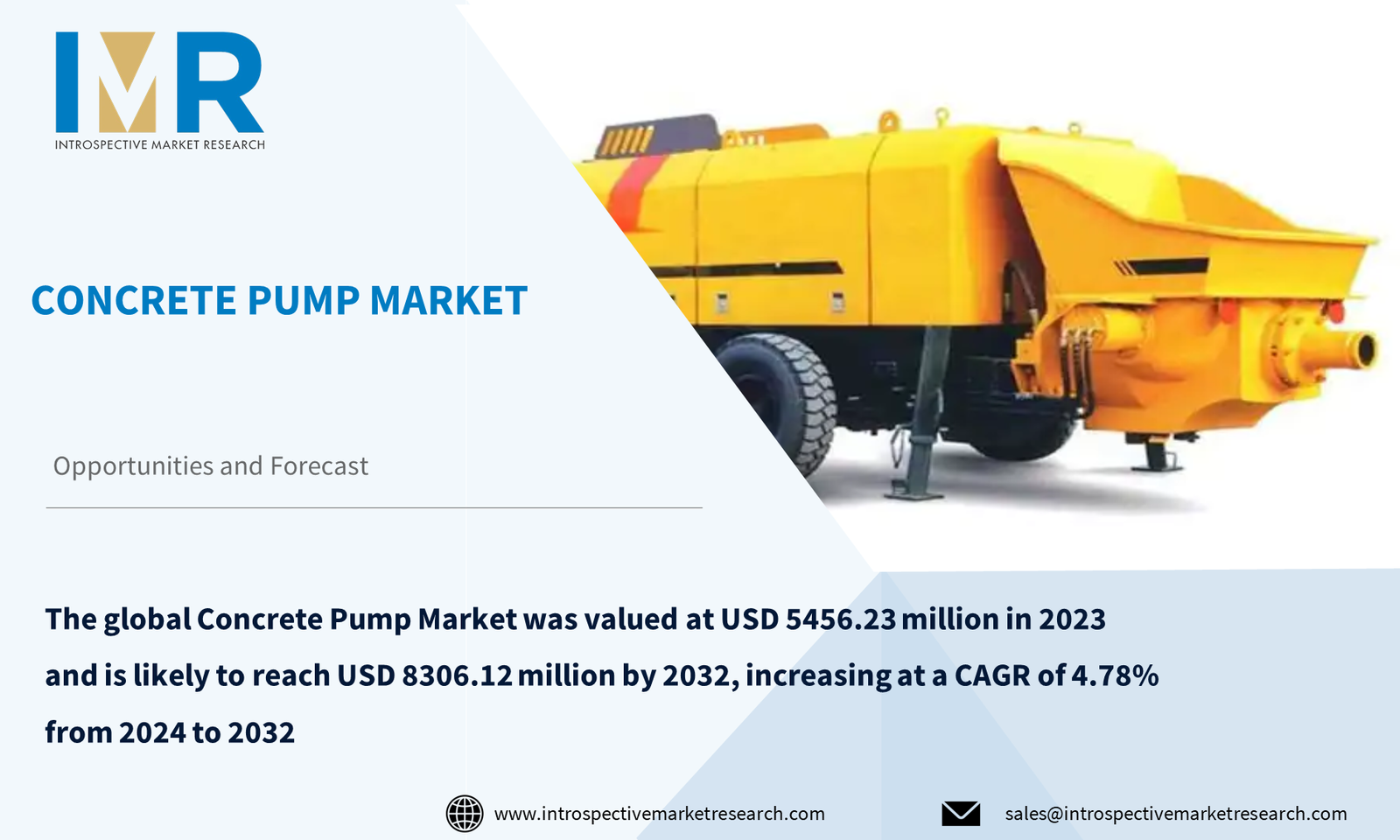Market Overview:
Global Property Management Software Market Size Was Valued at USD 1,20.12 Billion in 2022, and is Projected to Reach USD 41.89 Billion by 2030, Growing at a CAGR of 9.6% From 2023-2030.
Property Management Software popularly known as PMS helps in managing daily operations which includes tenant and lease tracking, building maintenance, accounting, etc. thus providing a centralized platform to view all the property-related activities. In recent years, we have seen a shift from manual rent collection to automatic collections as technology evolved and the introduction of credit cards. This has reduced the workload and made the pipeline seamless. Additionally, this has helped keep records for all the transactions and timely analysis of the same. Property Management Software has also integrated feedback systems that have enabled timely services to the end-users.
Top Key Players for the Property Management Software Market:
AppFolio, Buildium, MRI Software, RealPage, Yardi Systems, Accruent, ARGUS Software, Genkan, PROMAS, London Computer Systems, and other major players.
Market Dynamics and Factors for Property Management Software Market:
Drivers:
Rising demand for SaaS in the world.
The increasing demand for Software as a Service (SaaS) is a significant driver of the Property Management Software Market. SaaS solutions offer property management companies cost-effective and scalable tools for efficiently managing their properties. These cloud-based platforms provide real-time access to data, streamlining operations, and enhancing tenant and owner experiences. Moreover, the flexibility of SaaS allows property managers to adapt to changing market conditions and regulations quickly. As businesses recognize the benefits of SaaS in reducing upfront costs and IT complexities, the global demand for Property Management Software powered by SaaS is on the rise, propelling market growth.
Opportunities:
Increasing Government Funds across the Globe
The increasing allocation of government funds worldwide presents a significant opportunity for the Property Management Software Market. Governments are increasingly investing in infrastructure development, affordable housing, and public property management. Property management software can assist government agencies and organizations in efficiently managing these assets, optimizing resource allocation, and enhancing transparency. These solutions enable better tracking of budgets, maintenance schedules, and compliance with regulations. As governments continue to prioritize infrastructure and property management, the demand for advanced software solutions is poised to grow. This trend offers software providers a valuable opportunity to cater to a burgeoning market and contribute to efficient public asset management.
Segmentation Analysis of the Property Management Software Market:
By Solution, On-premise property management software is a traditional solution in the Property Management Software Market. It involves installing and running the software directly on a local server or computer, providing full control but requiring in-house IT management and infrastructure.
By Application, Commercial property management software is used by businesses and organizations to streamline the management of commercial properties, including office buildings, retail spaces, and industrial properties. It helps with tasks such as lease management, maintenance, tenant communication, and financial tracking.
Regional Analysis of the Property Management Software Market:
North America held the maximum market share. The expansion of e-commerce in this region is predicted to offer property managers and real estate developers several opportunities to invest in asset management software/services. External investment in the region's real estate market is likely to increase significantly in the coming years. Further, due to the wide range of investment options and a positive economic situation, real estate wealth managers may employ foreign real estate funds to diversify more efficiently. The region's profitability from real estate investments is significantly correlated with its GDP growth and population changes.
Key Industry Development:
April 2023 – Inhabit launched ResidentIQ, a property management software for residential property managers. This software offers secured operations, payment, insurance, resident engagement, and screening solutions in a single software, making it a user-friendly software.
January 2022 – Guesty, a hospitality and property management solution provider, launched GuestyPay, a novel payment processing solution. This solution is designed specifically for property managers and vacation rentals. This solution was fully operational for users in the U.S. and it was expected to be launched for European customers in mid-2023.








